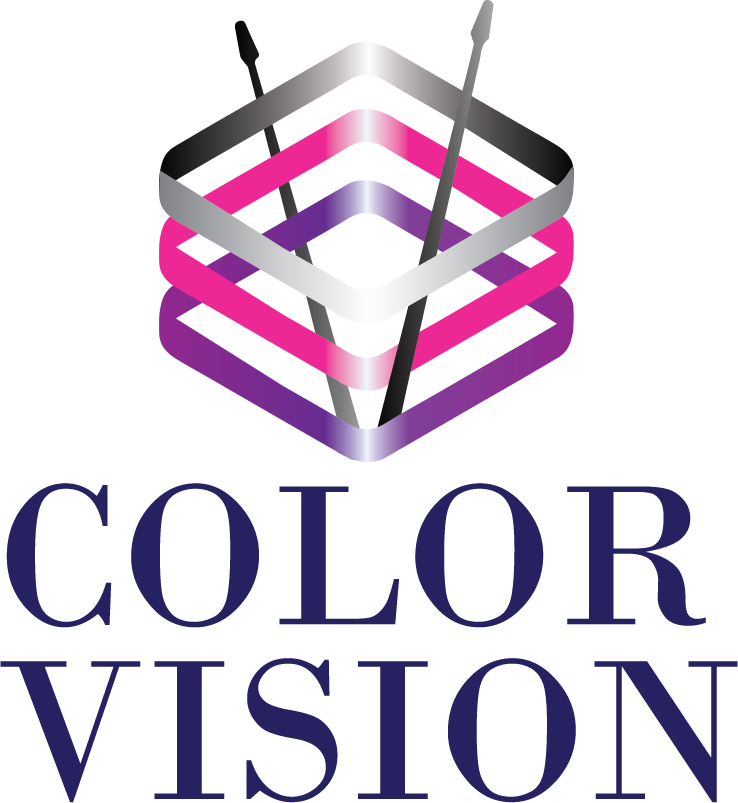"Exhale" Is The First Emotional-Wellness App For Women of Color
We have all seen the rise of wellness apps in the wake of the pandemic because let’s face it...we could all use a little bit of extra help as we cope with the madness that COVID has brought. Meditation apps have become more popular in the wake of Americans focusing on improving their mental and emotional health, but these are often marketed towards a white demographic.In the wake of social justice and wave of racial inequality that has hit our communities hard these past few months, Katara McCarty decided to create a meditation app for women of color.
Exhale is specifically created for Black women and women of color and focuses on five categories for daily mindful practice like affirmations, guided visualizations, breathing, and meditations. McCarty initially developed the idea for Exhale at the start of quarantine in order to increase her levels of self care through fitness and meditation. As the violence and racial injustice grew in prominence over the summer she was inspired to help women of color using some of the daily practices she had adopted in her everyday life.
“I created this app for BIWOC because most well-being apps are predominantly White-narrated, White-owned, and are overall White spaces. The uniqueness by which BIWOC has to weave through life, I believe, calls for a unique and specific curation that speaks to us and the weight that we carry because of racism, anti-blackness, misogynoir, and all systems of oppression.”
The app was launched on August 25th and will be free to use through the month of September in honor of the recent shooting of Jacob Blake. McCarty states it’s important for Black people to incorporate meditation into their daily routine because “Taking the time for ourselves and focusing on our breath as BIPOC is both an act of reclaiming our power and an act of resistance. We may not be able to control what’s happening to us outside of our homes, the daily microaggressions and racism we’ll face, but we can control our breath. Our breath is in the moment, now, and we can use that breath to ensure we’re not holding the oppression we experience in our body.

